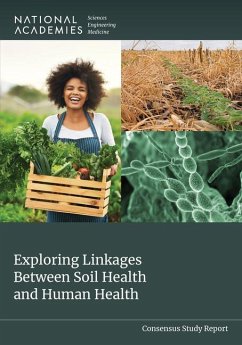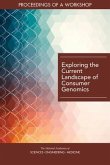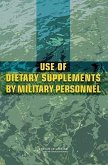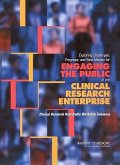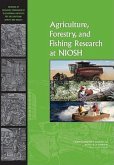The United States is an important food producer globally, in part because of its abundance of agriculturally productive soils. However, management practices that maximize yields have caused losses in soil organic matter, poor soil structure and water-holding capacity, and increased salinity on millions of acres of land - and have adversely affected the microbial communities that are the drivers of many soil processes. At the same time, recent scientific advances have spurred interest in how microbial communities can support soil health, food quality, and human health. It is in this context that the U.S. Department of Agriculture National Institute of Food and Agriculture asked the National Academies to explore the linkages between soil health and human health. The report finds that to improve soil health, federal agencies need to promote the importance of soil health, support translational research, and develop a coordinated national approach to monitor soil health over time and space. Given the potential that microbiomes have in modulating soil, plant, and human health, there is also a pressing need to determine which microbial features, if any, contribute to quantifying or fortifying health in both human and soil systems and to understand the direct and indirect roles of soil, alongside other environmental factors, in influencing human microbial colonization and subsequent health outcomes. Such investigation involves delving into the relatively sparse or disconnected research regarding the microbiome continuum that links soil and human systems.
Hinweis: Dieser Artikel kann nur an eine deutsche Lieferadresse ausgeliefert werden.
Hinweis: Dieser Artikel kann nur an eine deutsche Lieferadresse ausgeliefert werden.

